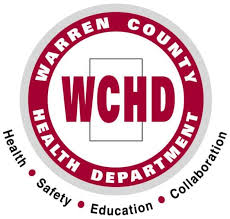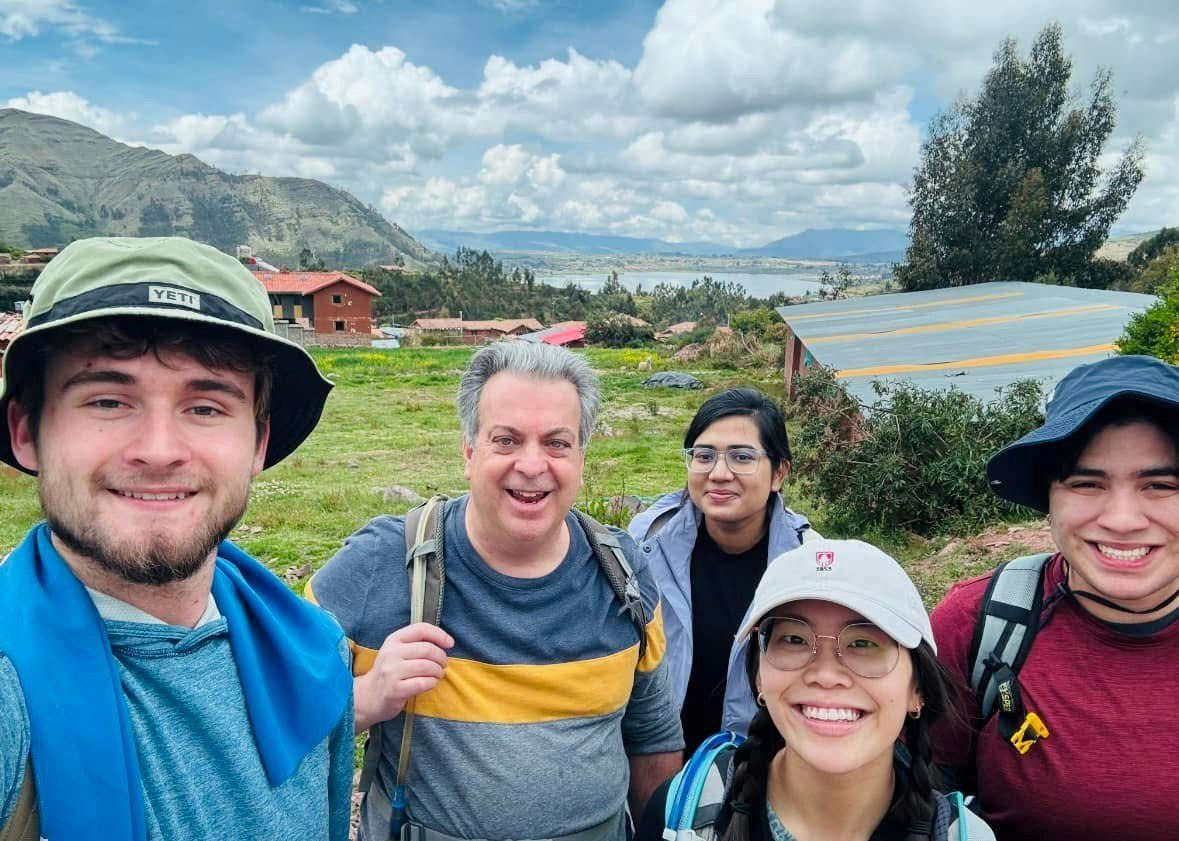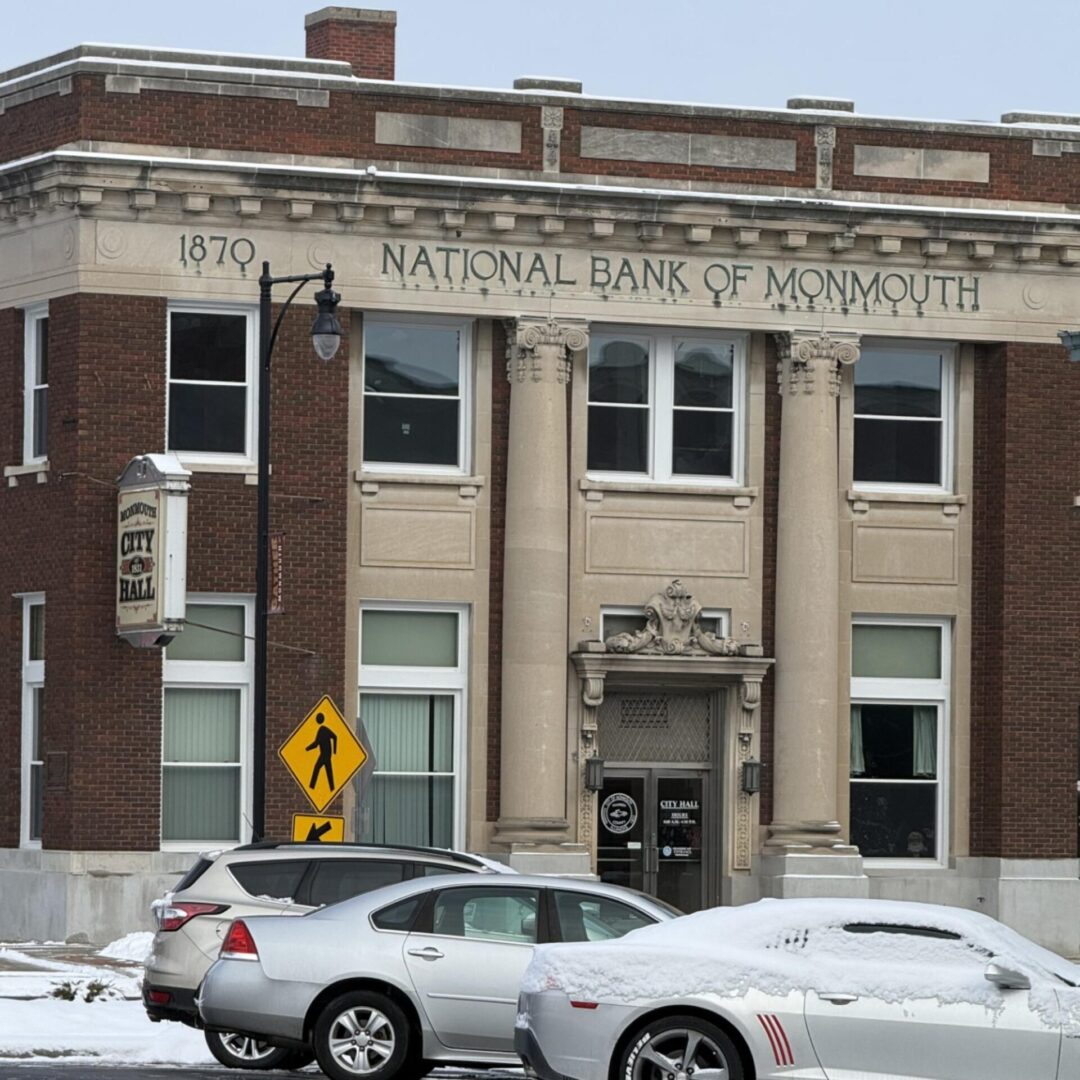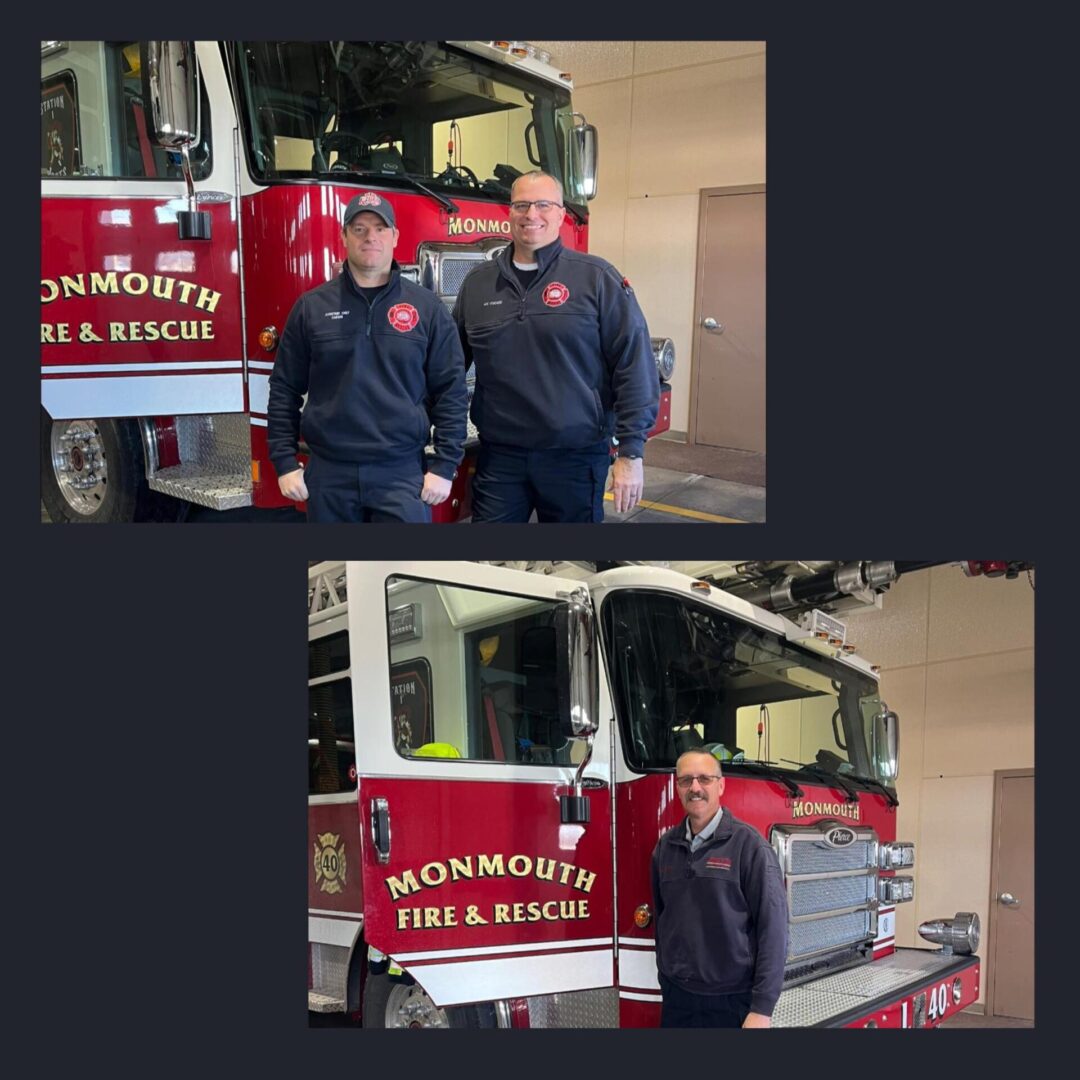February is American Heart Health month. A time to take action and protect yourself against heart disease, says Medical Assistant with Eagle View Community Health System Ashley Brownlee:
“We want to make sure to encourage everyone to stay on top of their heart health before emergency intervention is needed, especially maintaining normal blood pressure and cholesterol levels. It is really important to stay compliant with your medication regimen given by your provider and to follow the recommendations to avoid larger issues for your health. Things that you can do daily to help with heart health are getting daily exercise, even if it is just a 30 minute walk, just getting more movement is vital, consuming green leafy vegetables, fish, fruits, while grains like oatmeal, brown rice, and whole grain breads. Try consuming less fried foods and processed foods and be cautious of the amount of salt and butter that you are putting on your foods. It is also important to be aware of different signs and symptoms of a heart attack like left arm pain, chest pain, feeling like an elephant is sitting on your chest, numbness, things like that.”
Additional ways to improve heart health include managing stress, limiting alcohol consumption, and getting adequate sleep.













